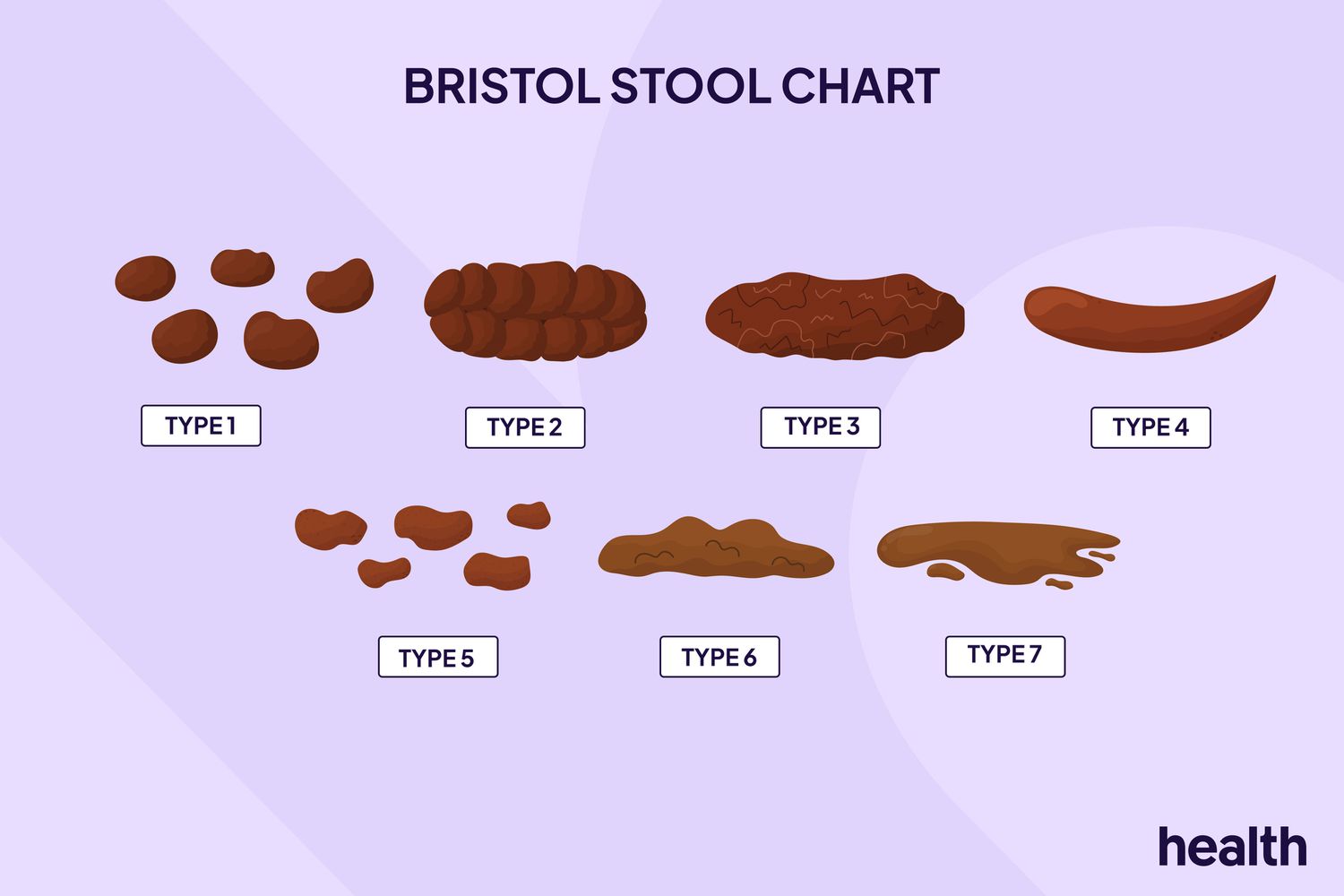
Gut Check: What Your Poop Says About Your Health
Let’s talk about something most people flush and forget—your poop.
It may not be glamorous, but your bowel movements are one of the most important indicators of your gut health, diet, hydration, and even early signs of illness. In fact, your poop can say more about your health than many lab tests.
So don’t look away just yet. It’s time for a gut check.
Here’s what your stool is trying to tell you, when to be concerned, and how to keep your digestive system happy.
Also check for : herbal-healing-what-works-and-whats-hype
💩 What Normal Poop Looks Like
Your ideal poop should:
-
Be medium to dark brown
-
Come out easily without straining
-
Have a soft, sausage-like shape
-
Sink slowly (yes, really)
-
Happen 1–2 times per day, or at least a few times per week
This is the gold standard of a healthy digestive system.
If your stool consistently looks or feels different, it could be a sign your gut is out of balance—or something more serious is going on.
🔍 What the Shape and Texture Means
The Bristol Stool Chart classifies poop into 7 types. Here’s a quick breakdown:
-
Type 1–2: Hard, lumpy — Constipation
-
Type 3–4: Smooth, sausage-shaped — Perfectly healthy
-
Type 5–6: Soft blobs or mushy — Mild diarrhea or poor nutrient absorption
-
Type 7: Watery, no solid pieces — Severe diarrhea or infection
🧠 Gut check: If you’re often on the hard or runny end, it may be time to examine your hydration, fiber intake, or underlying gut health.
🎨 What Color Says About You
-
Brown: ✅ Normal and healthy
-
Green: Often harmless—could be due to leafy greens, iron supplements, or food moving too quickly through the gut
-
Yellow/greasy: May indicate poor fat absorption or gallbladder issues
-
Black or tar-like: Could signal bleeding in the upper GI tract—see a doctor
-
Red or bloody: May be hemorrhoids, but also could mean inflammation, infection, or colorectal cancer—don’t ignore it
-
Pale or clay-colored: Could signal bile duct issues or liver trouble
📌 Color changes for a day or two are usually diet-related—but ongoing issues should be checked out.
🚽 What Frequency and Smell Mean
-
Too often (3+ times/day): May indicate infection, IBS, food sensitivity, or anxiety
-
Too rarely (less than 3 times/week): Constipation, dehydration, or low fiber intake
-
Foul-smelling stool: Could signal poor digestion, infections, or gut imbalance
📌 Your gut is a reflection of what’s going in—and what’s not coming out properly.
🦠 Poop and Your Microbiome
Did you know your gut houses over 100 trillion microbes?
Your poop is basically a daily report card from your microbiome—the bacteria that help digest food, support immunity, and regulate mood.
Signs your microbiome might be out of balance:
-
Chronic bloating or gas
-
Irregular stools (constipation or diarrhea)
-
Frequent illness
-
Brain fog or fatigue
🧠 Pro tip: A balanced diet rich in fiber, fermented foods, and hydration helps feed your good gut bacteria—and keeps things moving smoothly.
⚠️ When to See a Doctor
Not every bathroom change is serious—but some should never be ignored:
-
Blood in your stool (especially if bright red or recurring)
-
Black, tar-like stool
-
Chronic constipation or diarrhea
-
Unexplained weight loss
-
Pain during bowel movements
-
Drastic change in bowel habits
Don’t be embarrassed to talk to your doctor—your poop could save your life.
✅ Tips for Healthy, Regular Poops
-
Eat more fiber – Aim for 25–35g/day from veggies, fruits, legumes, and whole grains
-
Hydrate – Water is essential for soft, easy-to-pass stools
-
Move your body – Regular exercise boosts bowel motility
-
Don’t hold it in – Ignoring the urge can lead to constipation
-
Limit ultra-processed foods – They slow digestion and feed bad bacteria
-
Try probiotics – Yogurt, kefir, sauerkraut, or supplements can support gut health
📌 Your gut loves consistency. Feed it well, and it will thank you every day.
📝 Final Thought
Your poop isn’t just waste—it’s one of your body’s best health messengers.
So don’t dismiss what’s in the toilet bowl. Check the shape, color, frequency, and texture, and use that insight to support your digestion, immune system, and overall well-being.
Because when it comes to health, sometimes the biggest clues come from the bottom up.
